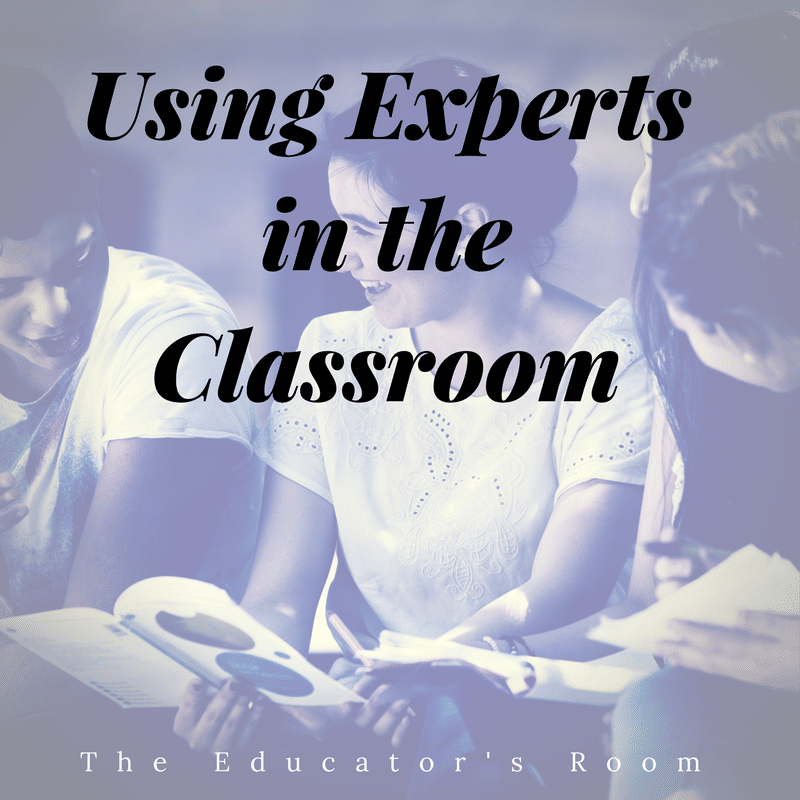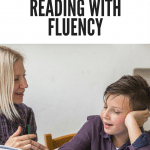When I think about using experts in the classroom, I think about an experience my fourth graders had last year. It was roughly a month into the school year. We had built a community of learning, but at the same time, we were still working on certain fundamentals like listening respectfully to the speaker.
But the day author Zetta Elliott visited our classroom, the kids were enthralled. They were a completely different group of students. I had invited Zetta to speak about her work writing stories because we were in the midst of our realistic fiction unit. Zetta spoke on a range of topics including the lack of diversity in kid’s literature, using her painful experience with drug addiction in her family to write the award-winning Bird, and how her passion for history and fantasy influenced her writing. It was a profoundly rich learning opportunity for my students and changed the way they thought about themselves as storytellers and the way they thought about stories in general.
This is why using experts in the classroom is such an essential practice. Inviting an expert to your classroom or visiting one in their workplace can serve several purposes. Experts can hook kids on a new unit of study. They can extend their learning beyond the prescribed curriculum. Using experts can help students to make connections between their learning and the real world. They might provide a chance for kids to get authentic feedback on their work (for example inviting an author to a publishing party or a scientist to your science fair). Any or all of these purposes are possible if you connect your classroom to an expert.
[bctt tweet=”using experts in the classroom is such an essential practice” username=”EducatorsRoom”]
Finding Experts
Finding an expert can feel daunting, but it doesn’t have to be. If you don’t know where to start, a simple Google search for “______ expert in (your city)” might do the trick. Otherwise make a list of places you might find scientists, historians, mathematicians, and other types of experts in your area. If you have museums or historical societies in your community they can be a great resource. Often times museums have research departments, so don’t be afraid to reach out to people who work “behind the scenes.”
Last year my class was reading The Tarantula Scientist by Sy Montgomery. I did some research and found that the American Museum of Natural History has an arachnology department. I reached out, and they agreed to host our fourth graders for a visit. The kids were blown away when they met a real-life arachnologist who actually knew Sam Marshall, the arachnologist from the book. They squirmed and screeched with excitement as they saw and touched tarantulas, centipedes, and other creepy crawly organisms in the museum’s lab. It was a memorable experience for all of us, and it made our reading come to life in an unparalleled way.
I’m lucky enough to live in New York City, which offers an embarrassment of riches when it comes to cultural institutions, universities, non-profits, community-based organizations, and businesses. But you don’t have to live in a metropolis to have access to experts. If your school has the internet bandwidth, you can connect to experts around the world using Skype or Google Hangout. But it’s also worth rethinking the title of expert altogether.
Rethinking Who is an Expert
We know that connecting our teaching to our communities helps engage kids in their learning. So, no matter where you live – whether it’s New York City or rural Mississippi – there are experts you can use in your classroom. Bringing these experts into your classroom not only helps kids make powerful real-world connections to their learning. It also celebrates the resources in your community. Furthermore, it democratizes teaching (in other words it shows that the teacher is not the only expert in the room).
This brings me to the final resource if you’re looking for experts to use in your classroom: your students! I have not been teaching that long, but 10 years is enough time that I no longer know a lot of the games, technology, or music that my students interact with. There is a lot that my students can teach me. In addition, my students have all types of other interests, including gymnastics and origami, that I know nothing about. If I can find a way to connect my curriculum to these areas, then I don’t have to go far to find experts at all, because they’ll already be in the classroom.
Whether you end up using a published author, world-renowned arachnologist, a mom who works at the local hospital, or the 11-year-old Minecraft fanatic, you won’t regret it. You’ll open up new ways for your students to think about their learning. And most likely it will change the way you think about teaching too.




